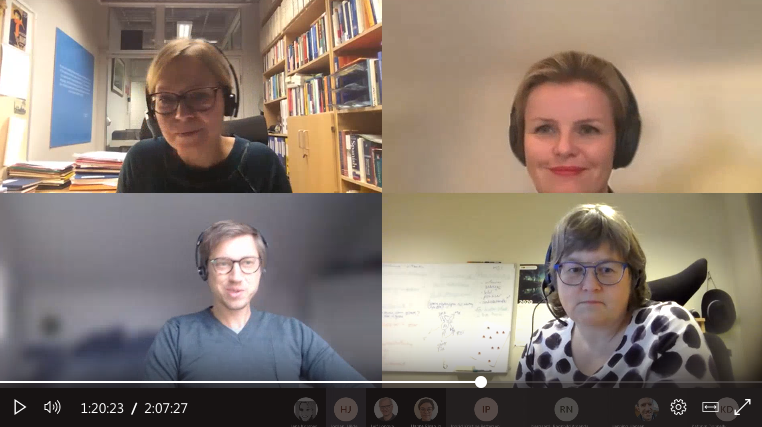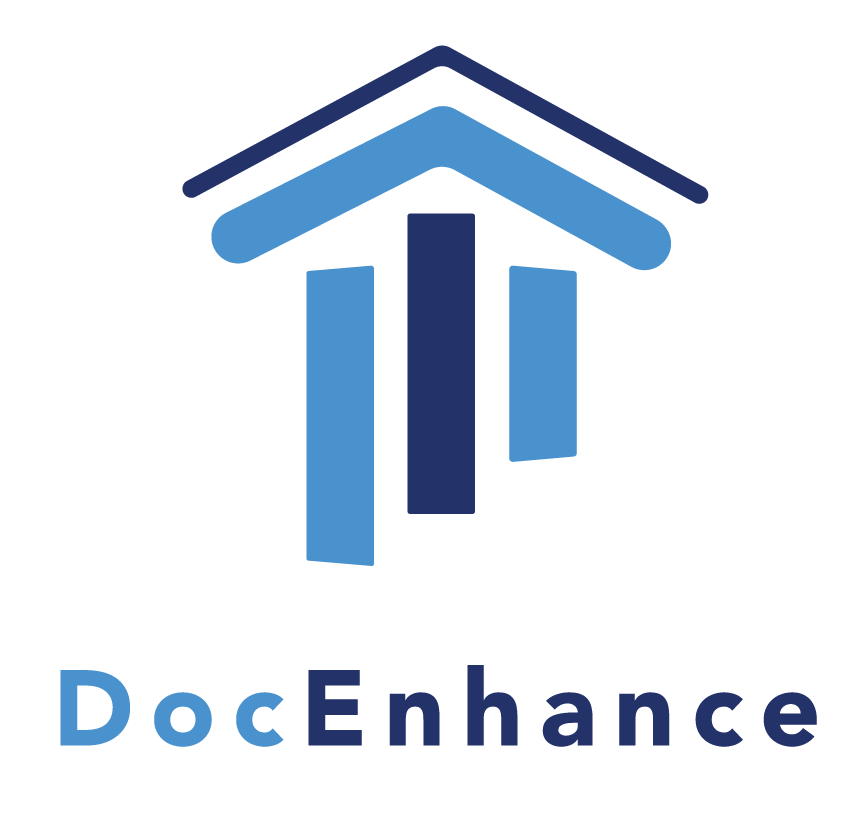Regional stakeholder workshop in Norway on Data Management
10 November, online
Held by the Arctic University of Norway (UiT)

Objectives
- Get insight from regional stakeholders on their use of data management: what kind of data do they hold and manage, what challenges do they have when using available existing data, and what use may they have of hiring Ph.D. candidates with skills in data stewardship.
- Provide feedback to improve the design the DocEnhance Data Stewardship course.
- Identify data management skills for PhDs working outside academia.
Participants came from a wide range of organizations: the Norwegian Seafood Council, Norwegian labour and Welfare Administration, the Norwegian Public Roads Administration, the Fram Centre – High North Research Centre for Climate and the Environment, Norwegian Centre for E-health Research, and Troms & Finnmark County Municipality. All participants had extensive experience and interest in data management.
Employability outside academia
All participants expressed interest in employing Ph.D. candidates with data stewardship skills. Some pointed to the challenges of managing big data, cloud storage and computing. Data should no longer reside in silos within each organization, but be available – limited of course to data without sensitivity. Stewarding available data across various organizations, industries and public sectors is a huge challenge and holds big potential. Ph.D. candidates with skills in analysing big data are definitely employable.
- DocEnhance Final EventDocEnhance's final event
- Join the CEN Workshop on ‘Good practice for implementation of a career-tracking survey for post-graduates!The purpose of this workshop is to create consensus-based guidelines … Read more
- DocEnhance Final EventRegister to DocEnhance's final event!
- DocEnhance Annual Meeting 202221 June 2022, DocEnhance partners had the pleasure to meet … Read more
- DocEnhance Stakeholder Validation WorkshopWhen: 22 June 2022, 9:00 – 11:00 CET Where: University of … Read more
Transferable skills needed
The stakeholders around the table (or rather the screen!) face different challenges regarding data management. The following skills are some of the competences most searched for among potential new employees with higher degree education:
- understanding how to analyse different types of data,
- running statistics computer programs,
- handling personal (sensitive) data (including knowledge in the laws and e.g. GDPR),
- metadata management,
- text and data mining,
- visualizing and communicating data and statistics to politicians, journalists and the public.
Mobility module of the DocEnhance course
The third Module of the DocEnhance course will be an assignment with a regional employer. We asked the participants if they had any advice on approaching stakeholders outside academia who could host students.
« What’s in it for me? » Clearly, the hosting organizations need to see the benefits in taking on a student for an assignment. As it takes time – and thus an effort – to host a student and provide them with a worthwhile assignment, it would be a great advantage if the student already had some knowledge of the industry or public service in question.
An interesting idea was that the assignment would contribute to define the topic of the student’s Ph.D. project. This way the hosting organisation could get valuable payoff from hosting a student. To shape this idea, students and universities would need to contact stakeholders at an early stage, before the students’ research project is defined and described.
It was also recommended to utilize the existing cooperation agreement between the university and the possible stakeholders. Some key organisations and businesses already have established such agreements.
For other organisations, it will be vital to get in touch with the right level and the right office of the organisation, this would need to be prepared carefully.
